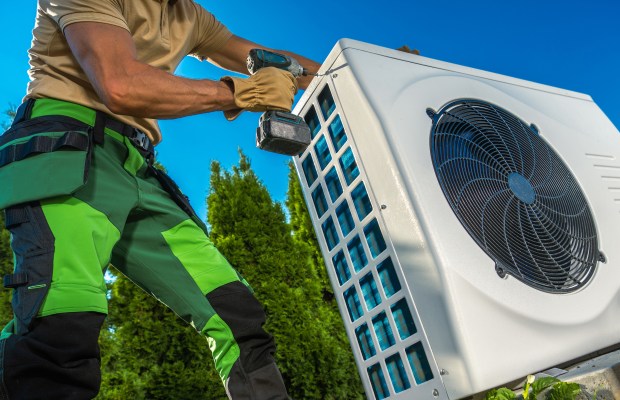
Sealed built a business around predicting energy use and getting homeowners to ditch fossil fuels. So, naturally, the company’s first acquisition is a startup that tracks energy on a granular level.
Sealed did not disclose the terms of the deal, but said in a statement that scooping up Burlington, Vermont-based InfiSense would help it “cut home energy waste.”
Headquartered in Manhattan, Sealed finances and oversees electrification upgrades, such as replacing oil or gas heaters with electric heat pumps and insulation. Ridding homes of fossil fuels can lower energy bills, cut household emissions and improve your health. You may have seen this topic in the news recently, because potential stove regulations are now the latest flashpoint in a culture war over clean energy.
To that point, InfiSense’s sensors and software monitor air quality in addition to energy use in buildings, and Sealed plans to share this sort of air-quality data with customers down the line.
Sealed is unique in covering installation and weatherization costs upfront. Instead, it charges a fixed fee based on the energy its machine learning algorithms predict homeowners will save over time. If Sealed underestimates a homes’ energy use, it eats the cost — hence the need to hone those predictions.
The “lifeblood of our company is our ability to predict people’s energy usage over time, and that relies on great access to data,” co-founder and CEO Lauren Salz said in a call with TechCrunch. Currently, Sealed’s algorithms rely on monthly energy data from utilities, but buying InfiSense will give it “access to a deeper level of data from customers,” Salz said.
Sealed plans to install InfiSense’s sensors in some of its customers’ homes, but Salz said it won’t require them. The data Sealed gathers will inform its predictions as well as enable it to offer curious customers an up-close look at their energy usage and air quality.

